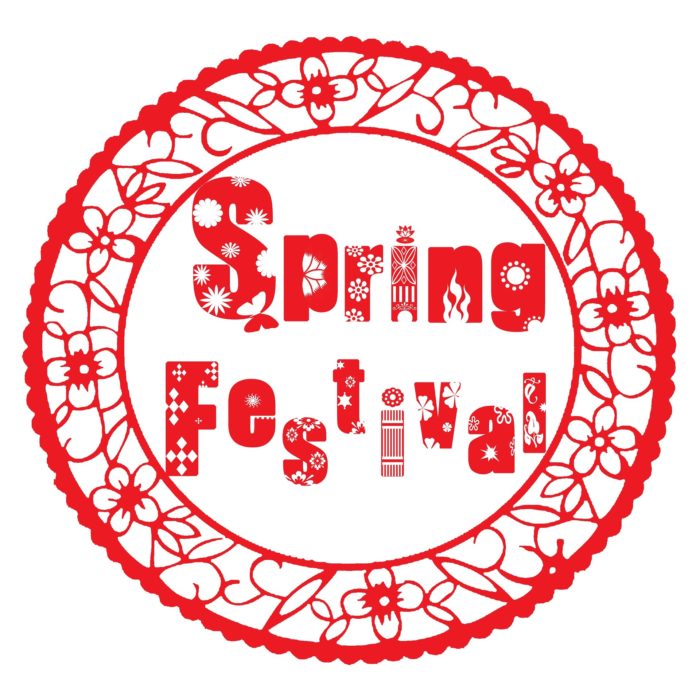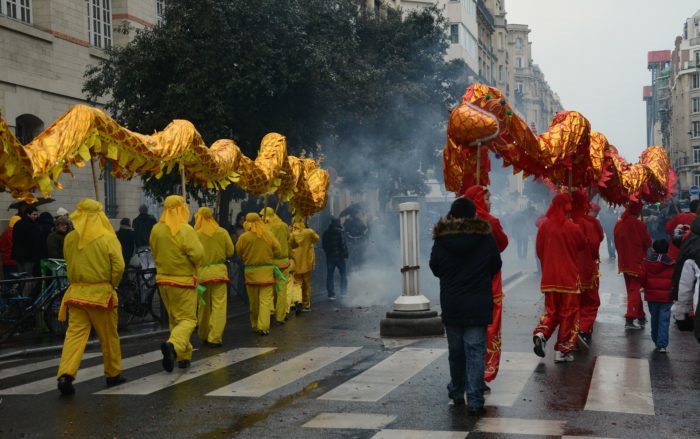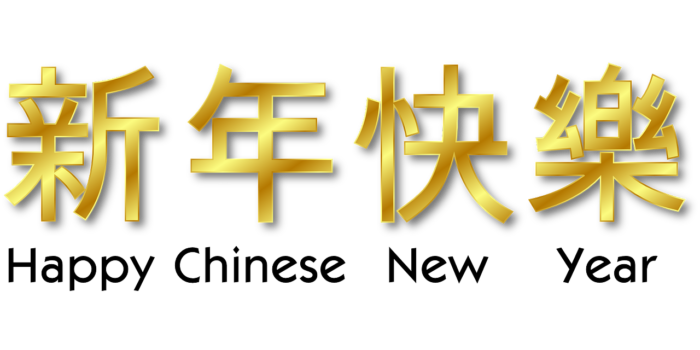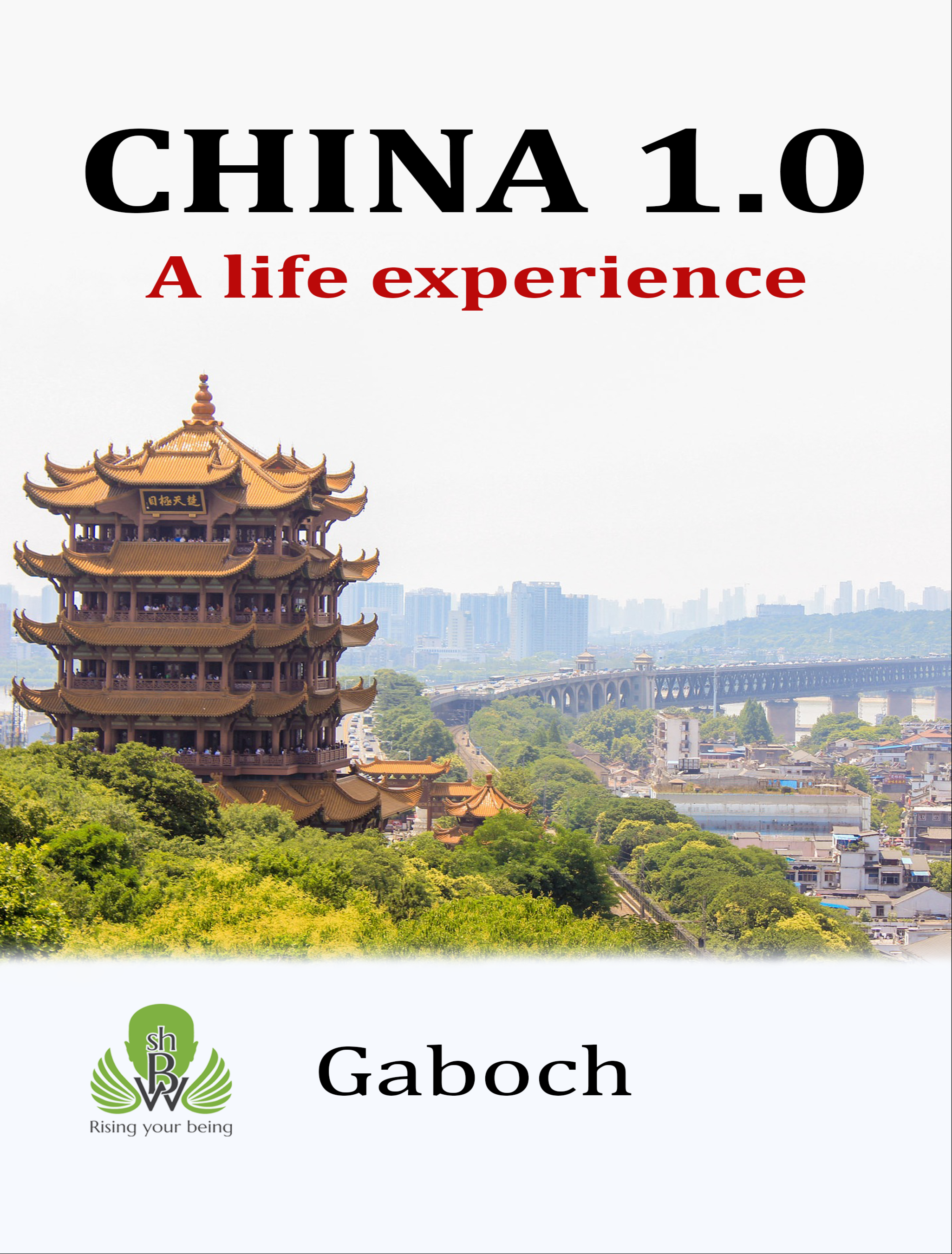smallhead BIGWISDOM
Rising your being
Why is Chinese New Year special?
It’s widely known that Chinese New Year or Spring Festival is special and doesn’t have a specific day like the Gregorian calendar: Every year is different!

While living in China, I was able to perceive that, alike western countries, Chinese people celebrate the Chinese New Year’s Eve which is extremely important for the entire population regardless their social statuses, political affiliations, financial situations or educational levels. Everyone gets ready for this remarkable occasion by being involved in particular activities of complete jubilation.
The importance of the Chinese Spring Festival reaches the highest level that migrating workers (people working in other distant areas, mostly rural) travel to their hometowns by train for around 15 or more hours. So, congestion at train stations is inevitable and there are people who take advantage of this high demand for tickets to resell them and earn some extra money. In addition, most of companies both public and private have one-week recess to give their employees the opportunity to rejoice this memorable event.
Another peculiar aspect is the Chinese Zodiac. It is a 12-year cycle and each year is identified with a different animal. Those 12 animals are: Dog, dragon, horse, monkey, ox, pig, rabbit, rat, rooster, sheep, snake and tiger. It’s interesting because based on your birth month, an animal will be assigned to you. Many Chinese people firmly believe in the designations of each animal and behave accordingly. Personally, I only believe in positive things and ignore the rest.
A few days before New Year, houses are decorated with banners in red color of important historical figures, icons as a symbol of good luck and the animal representing that year. People’s moods are noticeably striking which allow them to carry out their duties in a more relaxed and joyful way.
In the evening of the New Year’s Eve, relatives get together to have a special dinner which includes, among others, rice, cabbage, eggplant, tofu, pork, beef, fish, chicken and the unavoidable traditional dumplings.

In several Spring Festivals, I had the chance “to help” in the preparation process of dumplings which are made of flour and filled with pork or beef and some vegetables. Actually, I’m not sure how helpful was my participation because my culinary skills are rated as “non-existing” and this rating is constantly descending.
Anyway, the most gratifying aspect while preparing dumplings was the integration among friends and relatives, with joy, laughter and drinks. Personally, I don’t drink alcohol beverages, but many Chinese people don’t have hesitation to keep themselves “hydrated” with these “mood-transforming drinks.”
Similar to western countries, in China, fireworks on special events like Spring Festival are very popular for their colorful intensity and duration.
After dinner, which may last several hours, traditional people tend to watch special TV programs especially prepared for the occasion. Drinking, smoking and chatting are the key ingredients during this period.

The next day, the New Year’s first day, the common tradition is to visit other relatives, such as grandparents, parents and siblings. During that encounter, some memories and promises of plans for the New Year are shared among them and the most important intention is to reinforce their family bonds as some of them only see each other once a year.
As part of the normal evolution, this tradition is changing in China and now, it’s normal to find western customs such as Christmas trees, jingle bells, and other non-Chinese traditional adornments.
When I asked some of my Chinese friends for the reasons of adopting, for example, a Christmas tree, they were unable to provide a logical reason. One of the answers was: “Just because it’s common all over the world.”
It’s clear this has been influenced by advertisement and foreign culture being introduced after China started taking part in the globalization process; however, in my opinion, Chinese parents or schools should teach their kids to be authentic without following the masses or trends blindly. It’s a hard task but worth trying it to preserve the Chinese cultural heritage.
Bottom line
If you have some experiences or opinions on this regard, please share them on the comments below, so we can all learn from each other.
- Have you ever participated in a Spring Festival’ activity in China?
- What aspects have caught your attention?
- Do you believe in the Zodiac predictions?
- What do you think of visiting some of your relatives only in the New Year?


0 Comments